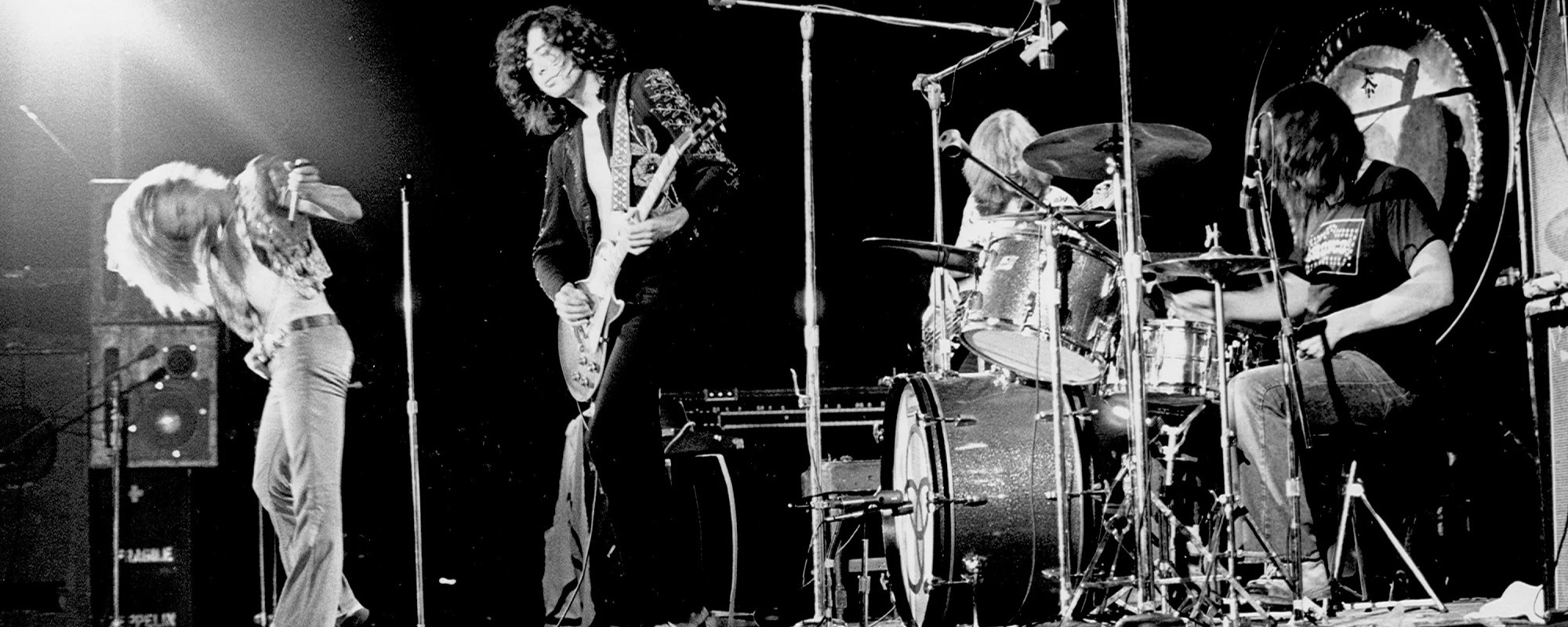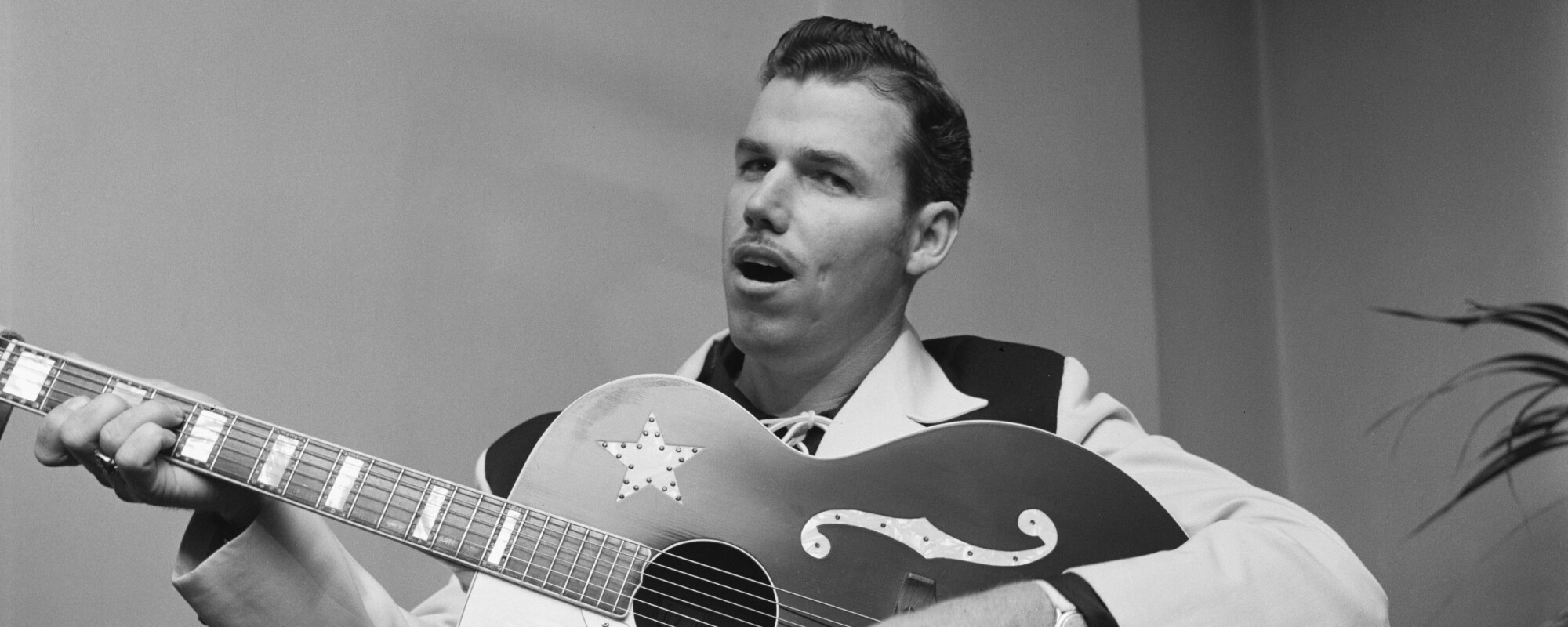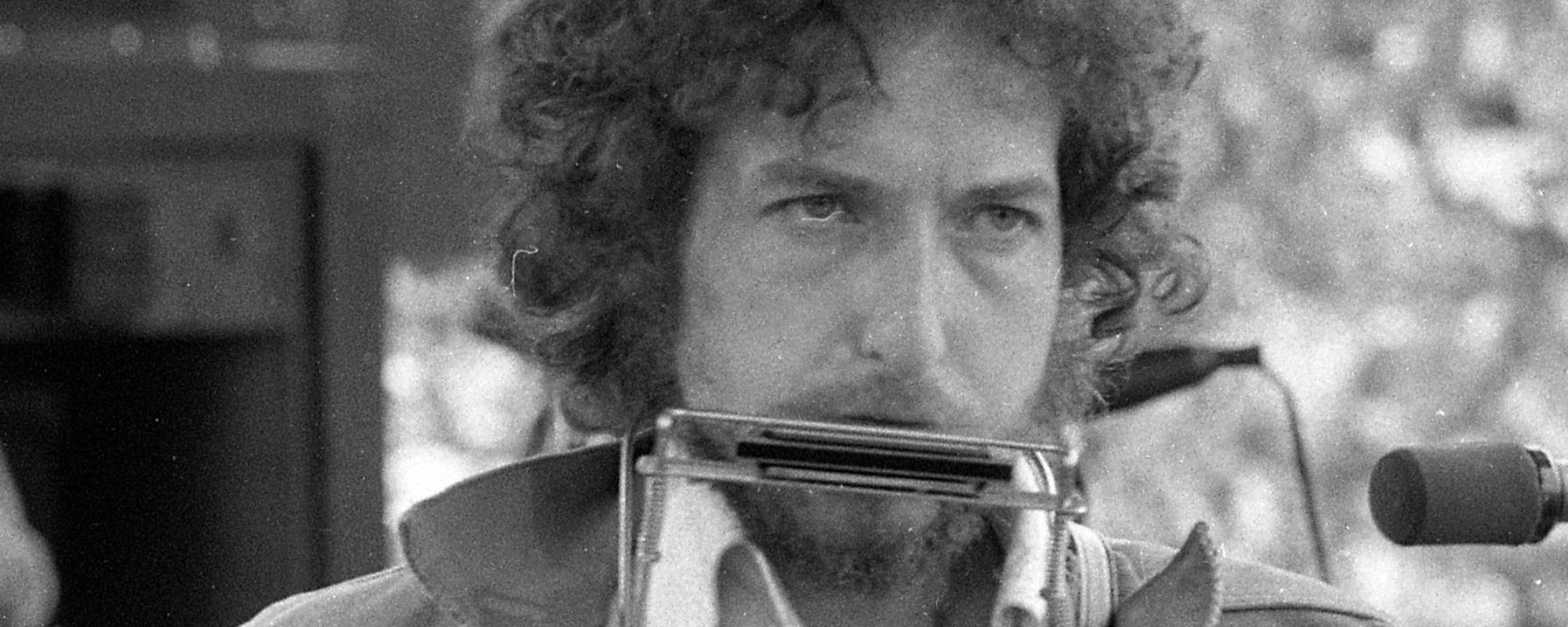If Mick Jagger thought he understood the words to “(I Can’t Get No) Satisfaction” when the band first released the track in 1965, he was in for a rude awakening shortly after the song shot to No. 1 around the world. The lyrics to their career-defining hit rang true not only for him but for the fans, record labels, and industry bigwigs as well.
Videos by American Songwriter
The Rolling Stones responded as most bands would: in song.
The Rolling Stones Top Charts Worldwide
Of all the songs to define the sound of the 1960s, The Rolling Stones’ “(I Can’t Get No) Satisfaction” is certainly among them. Its catchy guitar riff and Mick Jagger’s passionate vocal delivery have made the classic rock hit one of the most enduring of the band’s decades-long career. The song skyrocketed to the top of the charts in the U.S., the U.K., Australia, Germany, South Africa, and elsewhere around the world. If anything were to satisfy a rock band in the mid-60s, it would be this, the musicians thought. It didn’t take long to realize they were wrong.
“I remember after ‘Satisfaction’, which was a time of great triumph, a worldwide hit, Mick and I were sitting back in some motel room, in San Diego, if I remember rightly,” Keith Richards recalled in According to the Rolling Stones. “We gave this big sigh of relief, and it was exactly at that moment that there was a knock at the door, and the phone started ringing, and people wanted the next hit. It was a hard training ground.”
A hard training ground, but a rewarding one, too. In 1995, Jagger credited “(I Can’t Get No) Satisfaction” for the band’s success in the States. “It was the song that really made The Rolling Stones, changed us from just another band into a huge, monster band. You always need one song. We weren’t American, and America was a big thing. We always wanted to make it here. It’s a signature tune, really.”
The Band Responds to “(I Can’t Get No) Satisfaction”
Mick Jagger has stated many times that he wrote The Rolling Stones’ 1965 hit, “(I Can’t Get No) Satisfaction”, about consumerism, sexual frustration, and, in a way, alienation. In an ironic twist of fate, the band began experiencing the negative effects of at least two of those consequences after releasing their chart-topping hit. The record label wanted more music. Audiences were voracious for something new (and just as good). Critics condemned the band for their lewdness. The band responded with a single three months later.
In a 1995 interview with Rolling Stone, Jagger said “Get Off of My Cloud” was “Keith [Richards’] melody and my lyrics.” He explained that the lyrics were a “stop-bugging-me, post-teenage-alienation song. The grown-up world was a very ordered society in the early 60s, and I was coming out of it. America was even more ordered than anywhere else. I found it was a very restrictive society in thought and behavior and dress. Outside of [New York City and Los Angeles], we found it the most repressive society, very prejudiced in every way.”
“There was still segregation. And the attitudes were fantastically old-fashioned. Americans shocked me by their behavior and their narrow-mindedness,” Jagger continued.
Regardless of whether American audiences knew Jagger was talking about them, they didn’t seem to care. “Get Off of My Cloud” topped the U.S. Billboard Hot 100, the U.K. Singles chart, as well as charts in Canada, Germany, and South Africa.
Photo by Michael Ochs Archives/Getty Images










Leave a Reply
Only members can comment. Become a member. Already a member? Log in.